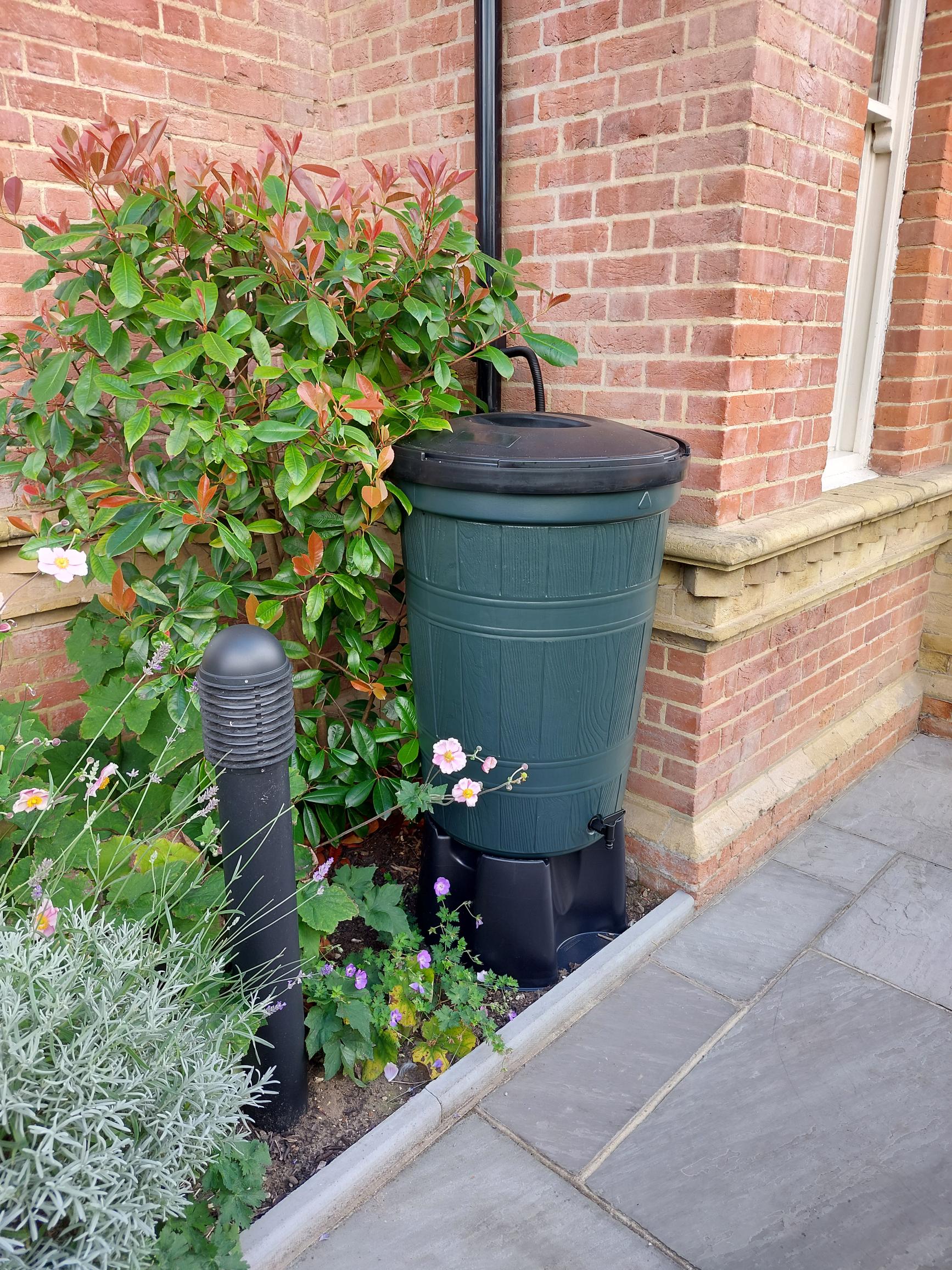
Southern Water’s Whitstable water butt rollout to help reduce storm overflows
A scheme to install more than a thousand free water butts in Whitstable to help reduce storm overflows is underway.
A scheme to install more than a thousand free water butts in Whitstable to help reduce storm overflows is underway.
Following the success of installing water butts on the Isle of Wight, resulting in a 70% reduction in spills in one location, the initiative is now being replicated in Kent.
The first phase of the project will see Southern Water install 300 water butts in the vicinity of Tankerton beach, before offering them to other addresses too.
This resulted in reduction of releases from a storm overflow site, by controlling the amount of surface water reaching the ground at any one time.
Pathfinder Delivery Lead, Jonathan Yates, said:
“We’re really excited to be offering customers free water butts, which have already proven to be a big success in reducing storm overflow releases. Over the past few months we have worked closely with the Whitstable community, and this is just the start of us ramping up our activities in this area.
“I would urge all customers who receive a letter to take up the offer of a free water butt. We really appreciate the support of our communities. By controlling the amount of rainfall hitting the ground at any one time, we can slow the flow of surface water into our sewer network – and in turn reduce the need for storm overflows.”
Customers living near Tankerton beach will receive letters about the rollout in the coming days.
Whitstable is one of our region’s six initiatives trialling innovative and nature-based solutions to slow the flow of rainwater entering the sewer system.
The town is also home to other tactics including the introduction of sustainable drainage systems, tackling surface water pipes that have been misconnected into the combined sewer, and improving the existing local network, such as Swalecliffe wastewater treatment works.
